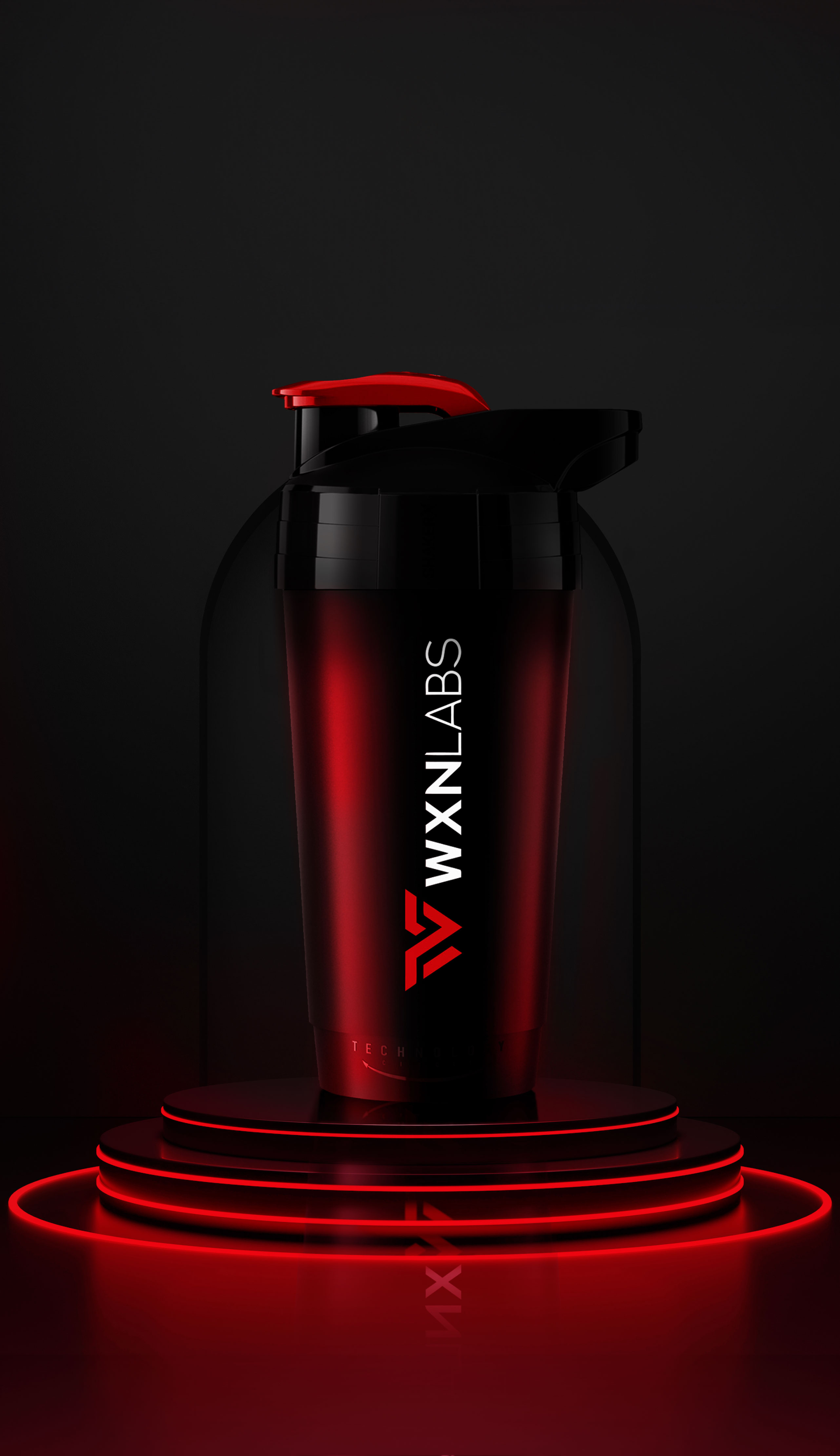Spis treści:
There can be many reasons for limiting sugar in the diet – fighting obesity, maintaining health and well-being, eliminating skin problems or limiting calories in the diet.
These are some of them.
There are many sugar substitutes available on the market – both synthetic sweeteners and those of plant origin.
The second group includes, among others.
stevia.
This product of natural origin is characterized by an unusually sweet taste and virtually no calories.
This allows it to be used effectively on a daily basis as a healthy substitute for sugar.
Sweet taste without the calories
Sugar enhances the taste of food and is often synonymous with pleasure.
A slice of cake, a cube of chocolate or an ice cream are sugar-rich treats that are consumed not out of necessity to maintain vital functions, but to delight the senses.
However, the cult of a beautiful body, but above all maintaining good health, require us to eliminate or significantly reduce this nutritionally devoid product.
In such a situation, it is worth stocking up on stevia and preparing your favorite snacks, desserts and dishes with its addition.
Stevia is a plant that grows in areas of North America and South America.
There are about 240 plants belonging to its species, and the name comes from the medicinalist and botanist Pedro Jaime Esteve.
The key advantage of this plant is that it has a very sweet taste, much sweeter than sugar, and contains virtually no calories at all.
Where does its sweetness come from?
From glycosides isolated from stevia leaves.
It is interesting to note that the unprocessed form of this plant has a rather bitter taste.
By replacing 100 grams of sugar with a healthier substitute, you can save up to 386.7 kcal this way!
So does stevia have no calories at all?
No, stevia does have calories, but by being almost 300 times sweeter than sugar, you really need very little of it to feel its sweet taste.
In addition, stevia has a glycemic index of almost zero, and the aforementioned steviol glycosides are broken down in the large intestine, so the glucose that is released from them does not penetrate the body.
Benefits of consuming stevia
The main advantage is that by consuming it, we choose a healthier, calorie-free option, thus eliminating sugar in the diet.
As a result, we protect the body from diseases of civilization, among others.
obesity.
It is worth mentioning, however, that this happens when we prepare the meals ourselves and know exactly what they consist of.
By consuming sizable amounts of processed foods or prepared meals, we are certainly still providing sugar in the diet.
With virtually no calories, stevia makes it possible to maintain the proper caloric balance of meals consumed during the day.
Fewer calories from sugary snacks means more valuable products full of nutritional value.
Another advantage of stevia is minerals.
Thanks to the fact that it puts is a product of natural origin, it provides, among other things.
calcium, potassium, selenium, copper, vitamin B or folic acid, among others.
It also does not have a destructive effect on the teeth – in fact, it exhibits antibacterial, anti-corrosive and fungicidal properties.
This helps keep teeth in good health.
Stevia dosage
Stevia in Poland has been an approved ingredient since 2011.
The dose that can be used in the diet is 4 mg per kilogram of body weight.
It can be in the form of a free-flowing powder, tablets or liquid, and dissolves very well in water, so it can easily be used to sweeten both drinks and food.
It has a relatively low glycemic index, making it great for people dealing with diabetes or insulin resistance.
Does it exhibit side effects?
Generally not, although the acceptable amount of consumption of this product per day is indicated for a reason.
Stevia in too high doses can hinder the absorption of iron and calcium into the body, so it is worth controlling the amount taken per day.








